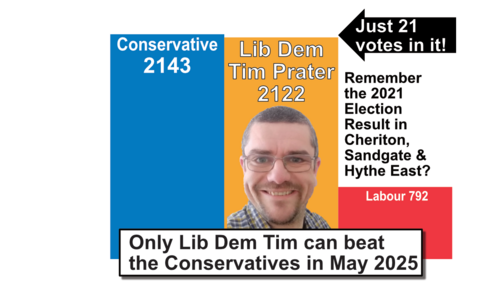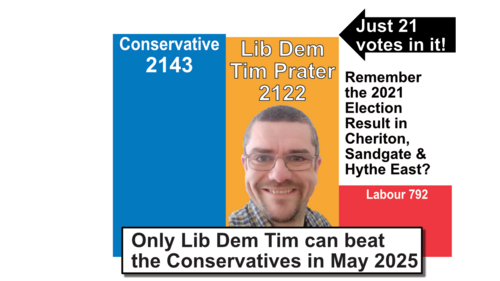Power to the People: The £150 Council Tax Rebate Energy Subsidy

I hugely support giving more support to families for their soaring energy bills at this time. Notices are arriving of eyewatering price increases from 1st April from almost all suppliers, and there is no sign that is going to change in the near future. Households need help, and they are going to need help over months and years, not just one-off payments.
However, it has to be said that the Government's mechanism for providing support to households is ridiculous. They've thrown the job to Councils and told them to give £150 to any household in Band A-D for Council Tax, plus given them a bit more for "discretionary" cases. It throws a huge burden onto Councils to do a job they are not set up to do: pay money to people (not usually something Councils specialise in!).
As one expert commentor says:
"The Council Tax Rebate scheme is a very cumbersome way of distributing financial support for energy bills to households. Council tax bands are not necessarily a good measure of deprivation, and not all households requiring support will live in Bands A-D or indeed pay council tax. Furthermore, the number of households for whom councils do not have bank details is surprisingly high. In retrospect, there would almost certainly have been a more cost-effect way of distributing nearly £3bn of funding through the national tax and benefit system. "
That said, Councils ARE getting on with it.
In Folkestone & Hythe, anyone who has a DD in place for their Council Tax and is a Council Tax payer in Bands A-D will be paid £150 directly into their account in April.
Those without a DD (so the council has no way to pay to them) will need to register, and the Council perform checks and get the money to them. That will take longer, and happen as second and subequent waves, over the months from May onwards.
I've seen it suggested that as the support only goes to households in bands A-D most houses won't get the support. That's really not the case.
In Folkestone and Hythe (2020 figures) the property breakdown (from https://www.gov.uk/government/statistics/council-tax-stock-of-properties-2020) is:
- Band A 7,040 properties
- Band B 12,660 properties
- Band C 14,170 properties
- Band D 8,170 properties
- Band E 5,050 properties
- Band F 2,700 properties
- Band G 1,880 properties
- Band H 90 properties
So of 51,760 properties in the area, 9,720 are in Band E+, and 42,040 are in the qualifying bands A-D (so essentially 81% of households qualify).
That's basically identical to the figures across England (https://www.gov.uk/government/statistics/council-tax-stock-of-properties-2021/council-tax-stock-of-properties-statistical-summary), where 81% of households are in the qualifying bands.
Councils will also now be putting together their discretionary funding scheme policy. This is much less well funded - £144m nationally (about £300k in Folkestone and Hythe, compared to £6m + for the main scheme). This fund is to "provide support to other energy bill payers who are not eligible under the terms of the core scheme".
The guidance on discretionary payments suggests that payments ("of no more than £150") could be made to households in Bands E-H that are on income related benefits or those whose occupants are not liable for council tax. They will also be looking at that private rented accommodation, particularly HMOs, where the landlord is liable for council tax, and will receive the £150 rebate for the household, rather than the tenants (who will be paying the energy bills). That clearly needs addressing for those tenants, and others, and Folkestone and Hythe will be building a policy to make sure no-one who needs the support most slips through the net if they can help it (as will, I'm sure, all other billing authorities).

Sign up
for email updates


